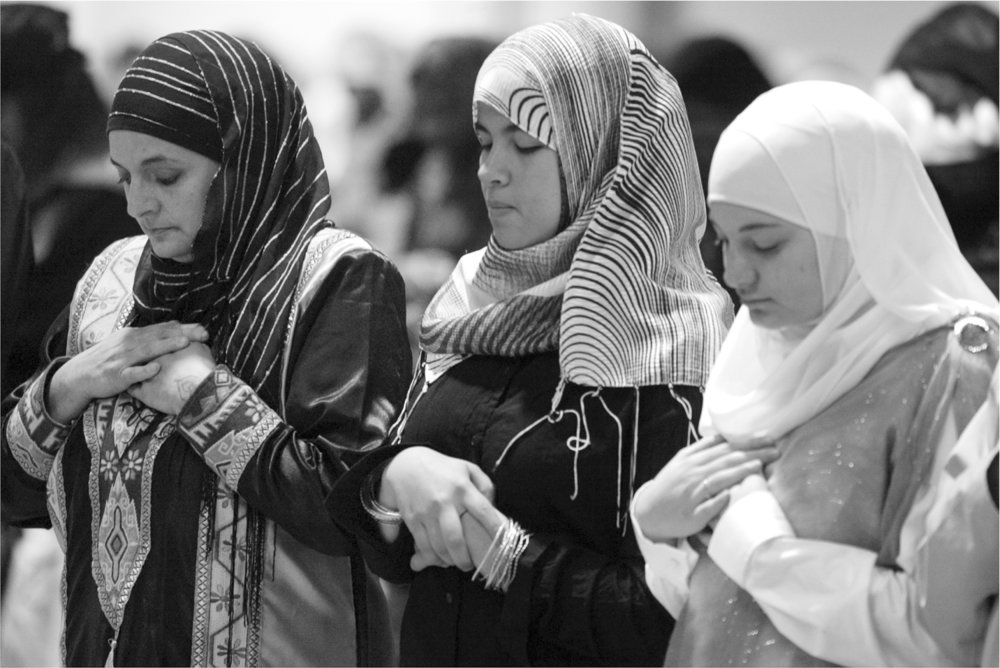European Parliament to hold “Islam and Women” conference

EHRAN – The European Parliament is going to hold a conference with the theme of “Islam and Women” in Brussels, today, November 7, 2017.
The conference aims at narrating the life story of unique Muslim women, active in politics, religion, civil society and trade, Howzah news agency reported on Monday.
The best methods for enhancing individual freedom and equality in religion are to be raised in the conference.
The meeting will set forth challenges that Muslim women are facing in different societies.
Representatives from Italy and England are to present supportive statements in the conference which is run by representatives from England, Tunisia, Germany, Morocco and Egypt.
Syed Salah Kamall MEP, a British academic and politician who has represented London as a Member of the European Parliament for the Conservative Party since 2005 and has been the leader of the Conservatives in the European Parliament since 2013, will deliver the key speech of the event.
The conference is sponsored by the conservative and reformist parties.
According to a draft released by the European Conservative and Reformists Group, media coverage and general perception of Muslim women in the West is often, though not exclusively, associated with oppression and discrimination.
Forced marriages, domestic violence, genital mutilation and the world’s lowest rate of female labor market participation recorded in the Middle East - North Africa (MENA) region paint a picture of Muslim women expected at best to “abide with the house”. All in all, the overarching question seems to simply boil down to Islam and its compatibility with western values of gender equality, secularism, pluralism and inclusiveness.
This however comes in stark contrast to the picture of perhaps the most important woman in Islamic history - the Prophet’s wife, Khadija. A powerful businesswoman, Khadija was well-respected among the members of her tribe. Khadija was twice widowed when she met Prophet Muhammad (S). She was 40 years old and he was 25 when they got married, and she remained his only wife until she died. She was the source of great financial and moral support to Prophet Muhammad (S) when he began his mission as a messenger of God.
Introducing the concept that individuals have inalienable rights, the Qur’an itself bestowed individual rights such as those of property, privacy, movement and equality before the law. Women in particular were granted the right to property and inheritance; they were also allowed to accept or reject a marriage offer while the marital bond had to be founded on “love” and “mercy” (the Qur’anic verse is 30:21).
The above examples beg the question of what the “real Islam” is after all, as well as women’s place within; it is therefore of utter importance to distinguish between interpretations of Islam ranging from the most authoritarian and inflexible and to the most tolerant and inclusive.
NM/MQ/MG
